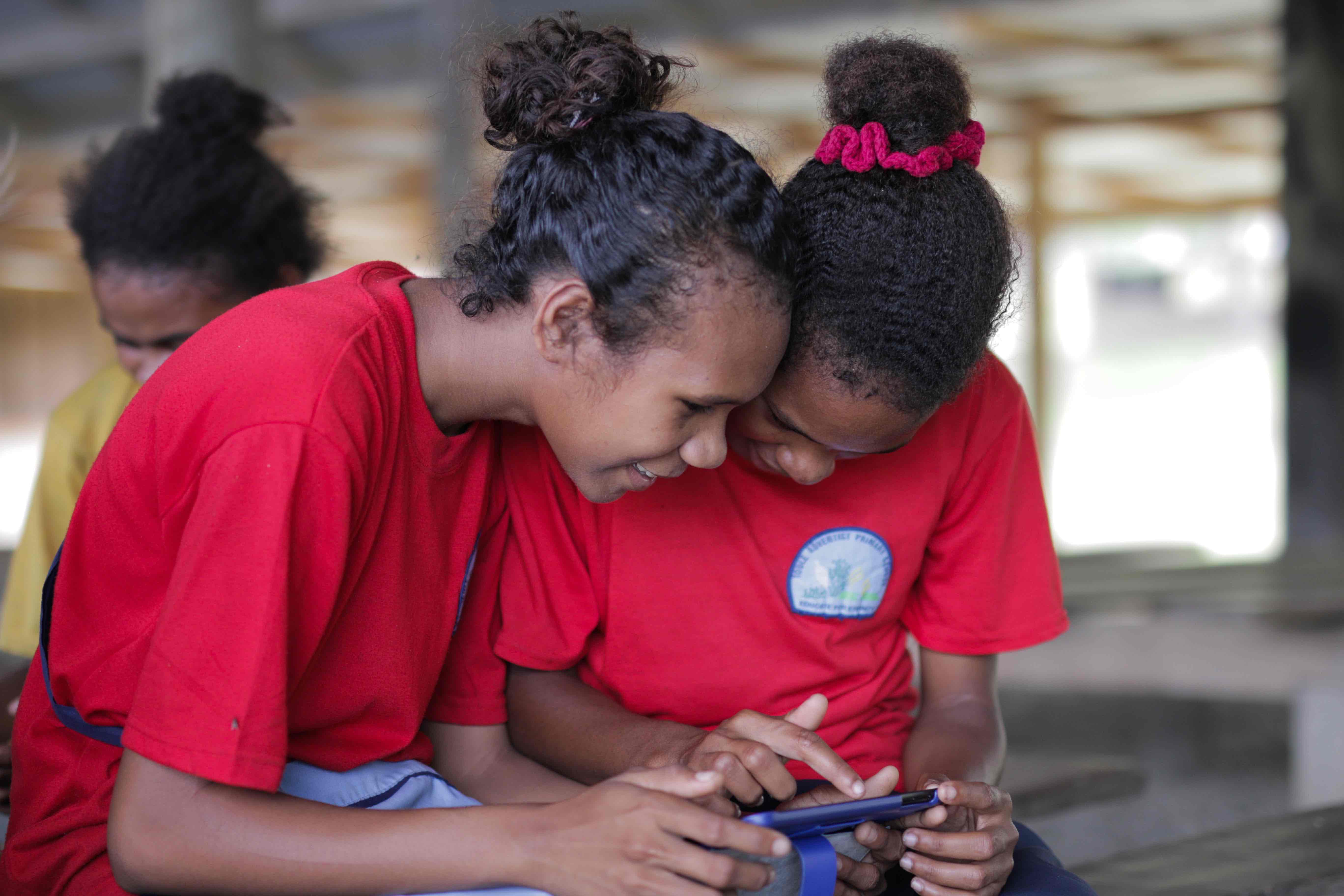Papua New Guinea
ChildFund began working in PNG in 1994, working in partnership with remote, rural communities to improve access to basic services.
One of Australia’s closest neighbours, Papua New Guinea has some of the worst human development indicators in the world, with high rates of malnutrition among children, and child mortality usually attributable to preventable disease. A shortage of doctors, healthcare workers and health clinics means few communities have access to proper healthcare. Gender-based violence is also endemic, and social support services in short supply.
Our priorities are:
Research shows violence occurs in more than two-thirds of families. ChildFund has established the country’s first toll free family violence helpline.
PNG has one of the world’s highest rates of tuberculosis prevalence, with children accounting for 26 per cent of TB cases in PNG.
About half of primary school-aged children are not in school, with fewer girls going to classes than boys.






























